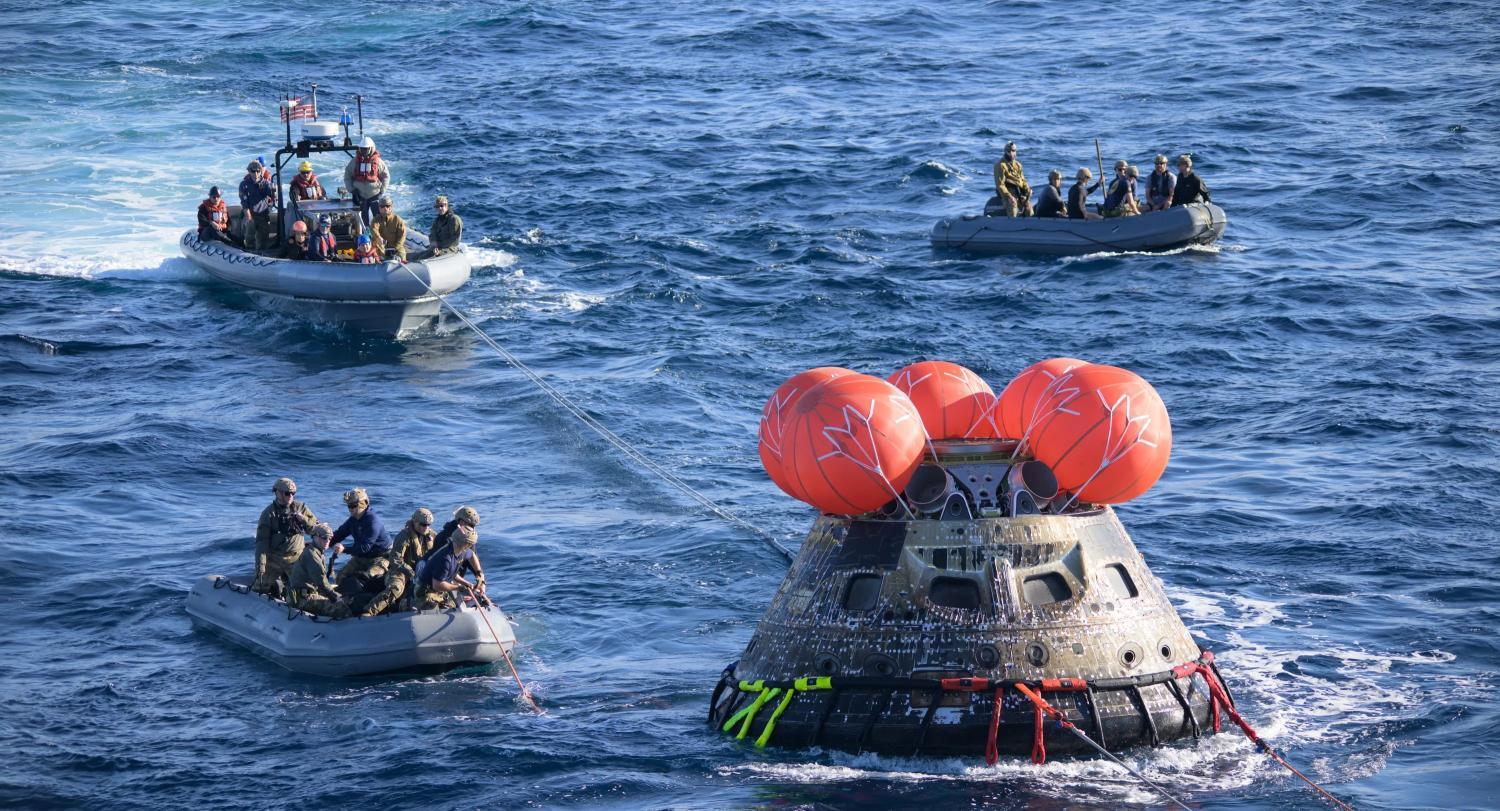Space.com spotlights CU Boulder VR research

Torin Clark is developing virtual reality systems to help astronauts cope with disorientation and motion sickness, a long underappreciated reality of space exploration.
An associate professor in the Ann and H.J. Smead Department of Aerospace Engineering Sciences, Clark is an expert in human sensorimotor/vestibular function and adaptation.
Space.com is highlighting research in Clark's lab to create a virtual reality system to assist astronauts during splashdown, when survey's show a majority of astronauts and cosmonauts have gotten sick—a relatively minor condition that could become dangerous if nauseous crew members suddenly have to respond to a disaster.
Categories: News

